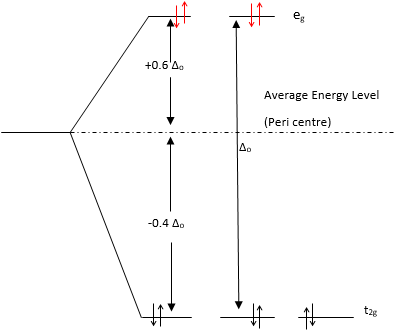Cathodic Corrosion Inhibition of Steel by Musa Paradisiaca Leave Extract
Keywords:
corrosion inhibitor, corrosion, desorption, green chemistry, M. paradisiaca, mild steelAbstract
It is reported here that the phytochemicals present on the surface of the Musa paradisiaca (MPL) prevent water and other corroding agents from having direct access to the surface of mild steel. These phytochemicals were extracted from the MPL using 70% Ethanol solution and Weight Loss experiment was carried out with variation of temperature, time and concentration HCl and that of the MPL extract in % v/v. The inhibition eFFect of M. paradisiaca leaves of mild steel in aqueous solutions of Hydrochloric acid were investigated at 25, 35, 45 and 60 oC being immersed simultaneously and independently in the acid medium over a period of 12, 24, 48, and 72 hours. A protecting film appeared on the metal surface by the MPL extract via electron donation, hence, acting as the cathode. The temperature and immersion time were inversely proportional to inhibition effciency while concentration of MPL is directly proportional. FT-IR of the extract showed oxygen and nitrogen containing functional groups which are the general characteristics of a typical corrosion inhibitor, while the Gas Chromatography–Mass Spectrometry (GC–MS) investigation revealed different biomolecules thus suggesting that the plant extract consists of different molecules.

Published
How to Cite
Issue
Section
Copyright (c) 2022 Titus O. Martins, Edwin A. Ofudje, Abimbola A. Ogundiran, Ojo A. Ikeoluwa, Osipitan A. Oluwatobi, Ezekiel F. Sodiya, Opeyemi Ojo

This work is licensed under a Creative Commons Attribution 4.0 International License.






